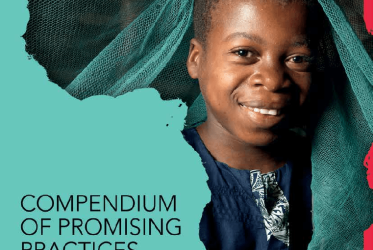Under the umbrella of the Interfaith Health Platform, of which WCC is a key member, there were satellite sessions, formal and informal capacity-building sessions in two interfaith networking zones, poster sessions, and discussions with experts, including leaders from UNAIDS and the Elizabeth Glaser Pediatric AIDS Foundation.
Rev. Christo Greyling, a member of the WCC Commission of the Churches on Health and Healing and a faith leader living with HIV for many years, lauded the breadth and depth of the discussions. He also expressed his sadness that the church was still often not viewed as an inclusive space for those who are most at risk of HIV and encouraged faith actors “not to silo ourselves and forget the other issues that come up when we address HIV, like key populations, gender-based violence, child protection and maternal health. We should not instrumentalize faith communities only to do small parts in the response but remember that this is part of our calling.”
Gibstar Makangila, executive director of Circle of Hope Zambia, reminded participants, “It is in our DNA to love to care and to provide.” He noted that without the meaningful engagement of faith communities and “without the love of God being spread across the globe, we are at risk of losing all the gains we’ve made in the last 25 to 30 years.”
Young faith leaders’ presence and active participation were a sign of hope for faith communities’ continued involvement in the HIV response. Fifteen-year-old Michelle Wanjiru shared that young people are passionate about faith and that it was crucial to make the links between faith and health for young people. She asked older religious leaders to “Engage young people! They are the future religious leaders; they’re your next leaders tomorrow. Engage them, teach them, and guide them.”
The outcome of this engagement will include planning for the faith involvement at the 25th International AIDS Conference in 2025.

Rev. Christo Greyling and Rev. Canon Gideon Byamugisha celebrate faith communities as part of the solution to ending HIV as public health threat.







